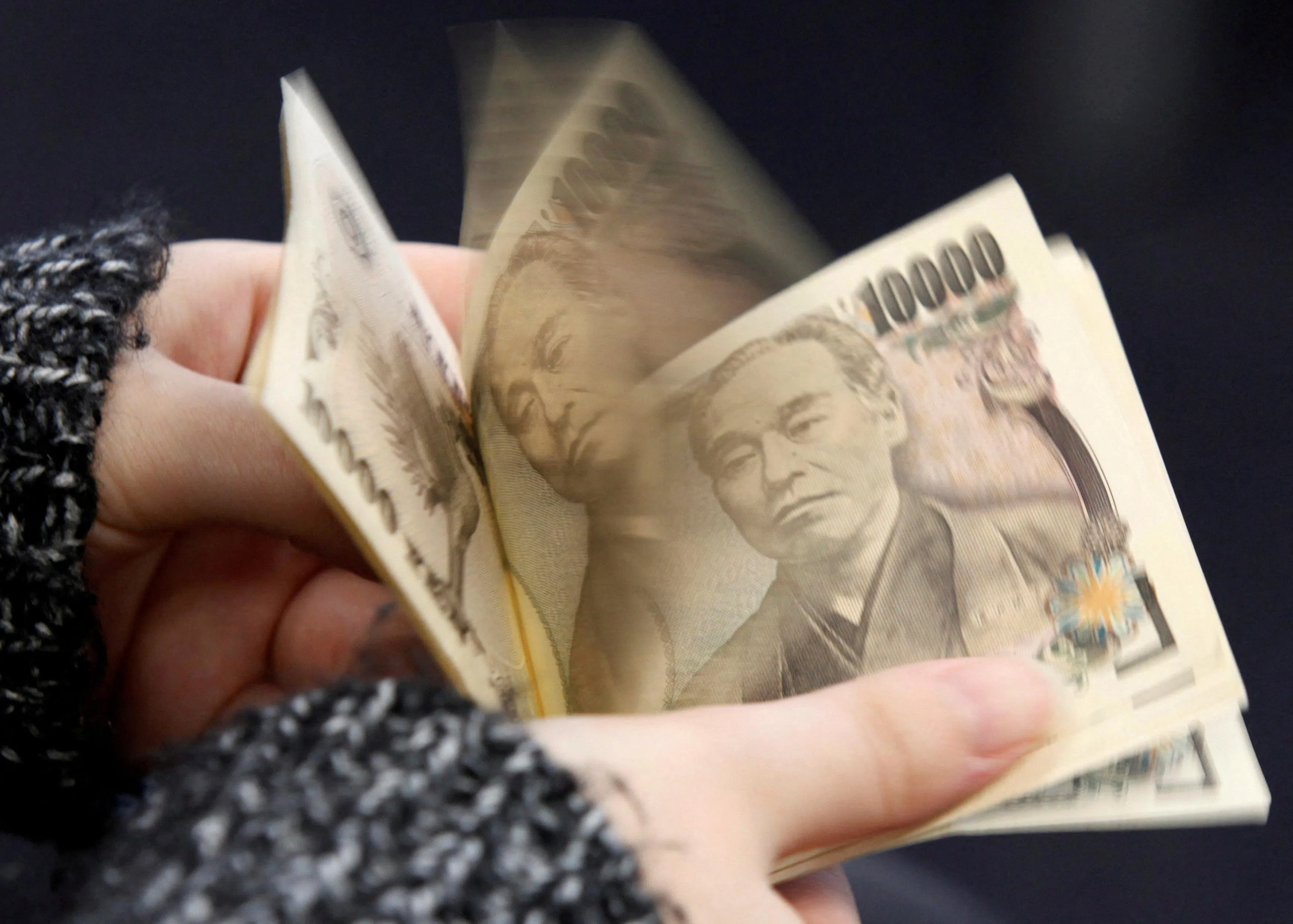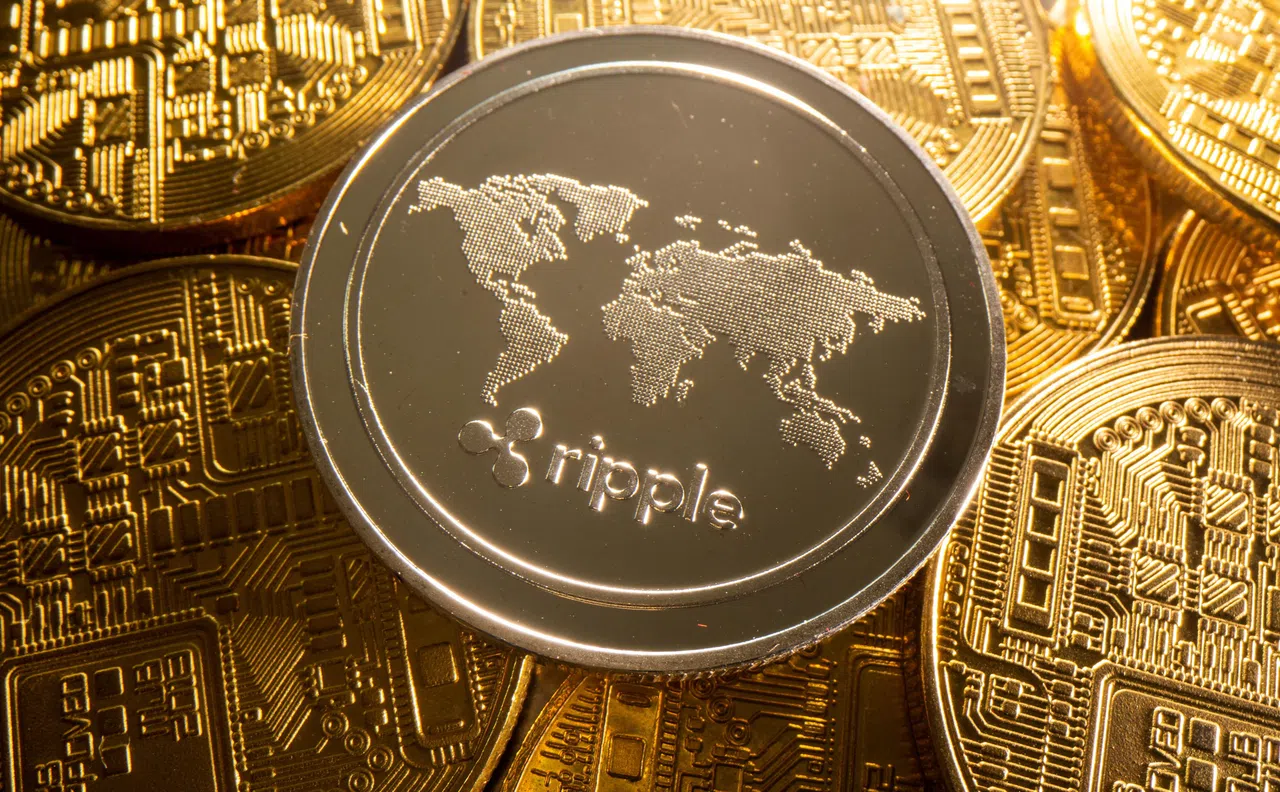THE yen suffered its biggest drop in more than two years after Japan’s new prime minister, Shigeru Ishiba, jolted currency markets by saying the economy is not ready for another interest-rate hike.
The Japanese currency fell more than 2 per cent to close near a session low of 146.51 per US dollar after Ishiba’s comment, which was followed by similarly cautious remarks from Bank of Japan (BOJ) governor Kazuo Ueda. The decline marks the yen’s sharpest daily drop since June 2022, far surpassing the swings seen during the intense market volatility of early August.
The yen’s plunge was accompanied by a sell-off in Treasuries in the wake of a stronger-than-expected reading of the US jobs market, with the yield on benchmark 10-year debt rising some five basis points to 3.78 per cent. After US Federal Reserve chair Jerome Powell said on Monday (Sep 30) that the US economy remains on solid footing, traders have tempered expectations of outsized Fed rate cuts.
“Powell reiterated that the Fed is more hawkish than the market on this year’s pace, and now the BOJ is saying that hikes are not on the table anymore for now – a double whammy for the yen,” said Leah Traub, a portfolio manager and head of the currency team at Lord Abbett. “The market got too bearish on the US dollar a couple of weeks ago and now has to reposition.”
Yen option traders remain optimistic on the currency over the next week, month and quarter, although bullish sentiment has eased since early September. Hedge funds, meanwhile, remain short the currency but have trimmed bearish wagers in recent weeks. The yen’s plunge on Wednesday follows another 1 per cent dive two days earlier, which came after Powell’s comments pushed the US dollar broadly higher against its Group of 10 peers.
The yen’s volatility this week “highlights a very jittery market suggestive of deep seated uncertainties about BOJ policy and the potential impact or interference of the PM”, said Jane Foley, head of foreign-exchange strategy at Rabobank. “Going forward I would expect less commentary from the PM about BOJ policy in view of the market’s sensitivity.”
In early August, traders painfully pulled back on currency bets funded by borrowing in yen, which offers a lower interest rate than Group-of-10 peers, as the BOJ moved to raise interest rates. Volatility spiked and the yen initially rallied amid the global sell-off in so-called carry trades.
Now, with the BOJ likely to hold off on rate hikes that might undercut the new administration, the outlook for the Japanese currency is souring.
“If the BOJ hikes the policy rate and shocks the market like on Aug 5, the impact to the Ishiba administration will be significant,” said Yuya Yokota, a foreign exchange trader at Mitsubishi UFJ Trust and Banking in New York. “So, the BOJ will not hike their policy rate again this year, and the depreciation of the yen will continue to the end of this year.” BLOOMBERG







